The Critical Role of Sound in Filmmaking
In the vast and immersive world of cinema, it is easy to become enraptured by the visual spectacle that unfolds on screen. From sweeping landscapes to intricate set designs, the visual dimension of a film captures our attention immediately. However, beneath this visual layer, there lies an equally important component that significantly shapes the audience's emotional and psychological experience: sound.
The Emotional Impact of Sound
Sound in film is more than just dialogue or background noise; it is a potent tool that filmmakers use to evoke emotions, create atmosphere, and guide narrative. From the subtle rustling of leaves signaling a calm environment to the crescendo of a suspenseful score that builds tension, sound plays an integral role in manipulating the viewer's emotional response.
Consider the opening scene of a horror film. Often, it is not just the ominous visuals that instill fear and anticipation, but the eerie music, the distant whispers, or the sudden, jarring sounds that latch onto our nerves. The introduction of sound to visual elements deepens the audience's engagement, transforming a simple scene into a multi-sensory experience.
Sound as a Narrative Device
Sound can also serve as a powerful narrative device. Through sound design, filmmakers can provide context, suggest themes, or foreshadow events. A well-crafted soundscape can give the audience clues about the setting or time period without needing explicit visual cues. For instance, the sound of a crackling radio broadcast can immediately situate a film within a specific historical context.
Moreover, sound can be used to contrast what is seen on the screen, adding layers of meaning that enrich the story. Alfred Hitchcock famously used this technique in "Vertigo", where the serene visual of the protagonist's face was contrasted with an unsettling soundtrack, hinting at the inner turmoil of the character without needing a single line of dialogue.
Technological Advancements in Sound Design
Technological advancements have revolutionized the way sound is used and perceived in films. With the advent of Dolby Atmos and other state-of-the-art sound systems, audiences can now experience a spatially dynamic sound environment that mimics real-world acoustics. These technologies allow sound designers to place audio elements in a three-dimensional space, surrounding the viewer with an audio landscape that moves in sync with the on-screen action.
The meticulous attention to detail in modern sound design can be traced back to the pioneering efforts of sound engineers in the early days of cinema. Their innovative techniques laid the groundwork for the complex and immersive sound experiences we have today, underscoring the fact that high-quality sound is essential to achieving cinematic realism.
In sum, the role of sound in film is undeniable. It is a silent hero that works tirelessly in the background to stitch together diverse elements, creating a seamless tapestry that enhances every cinematic endeavor. As we delve deeper into this auditory landscape, let us appreciate the artistry behind sound, which, alongside visuals, creates the complete cinematic experience that we have come to love and cherish.




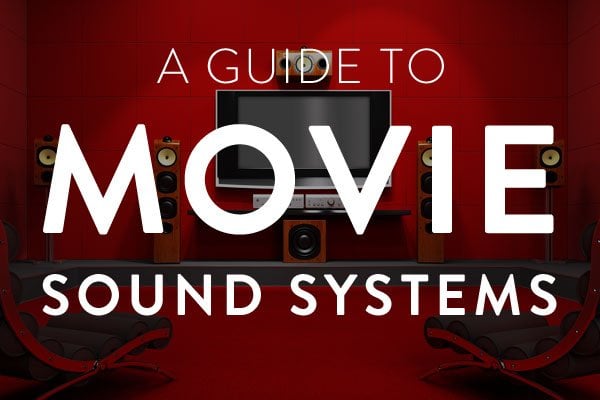


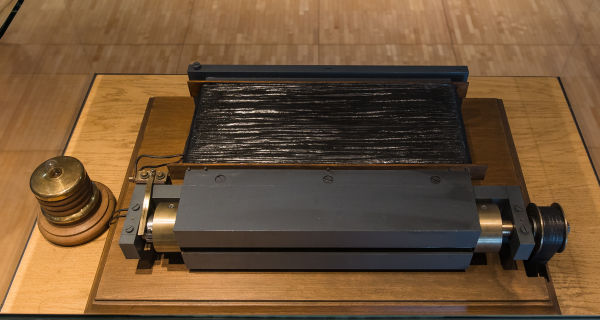
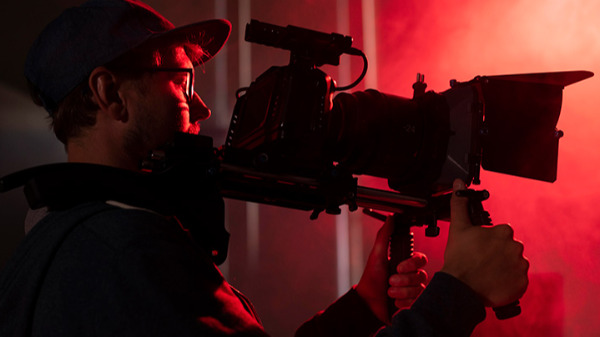

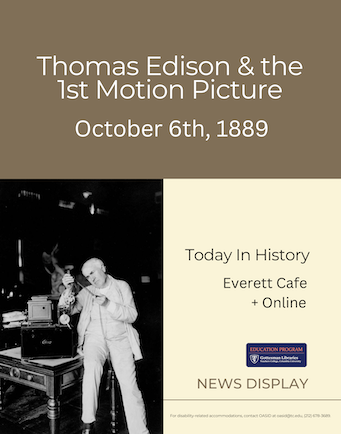

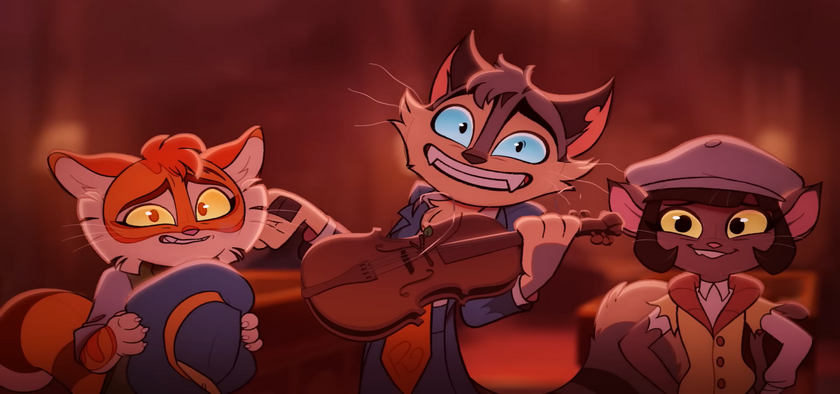





Comments